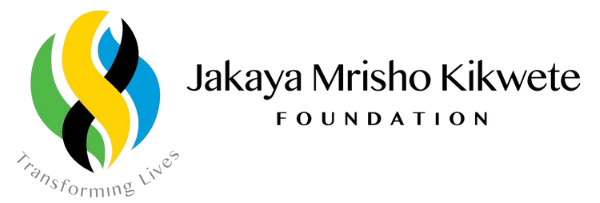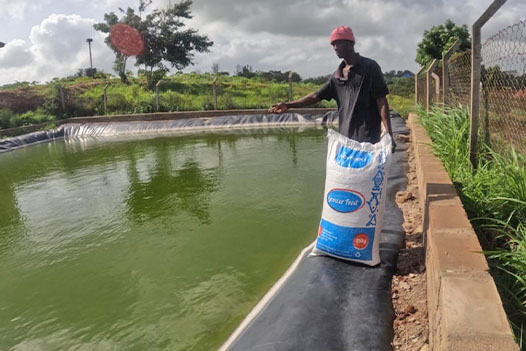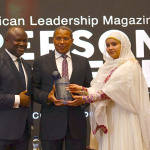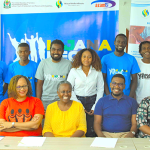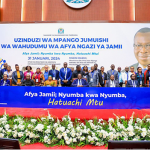Using organic waste, a young female scientist fills a vacuum in fish-feed ecology.
Diana Orembe’s motivation to assist her community was motivated by her realisation that the issue touched people she cared about. Hence, she took the bull by the horns by tackling a serious challenge to lessen and ultimately resolve the protein gap in the food ecology of Tanzanian and African fish farmers. Then, she realised the potential of reusing waste, notably the conversion of organic waste into fish food through bacterial fermentation.
NovFeed is an agritech start-up launched in 2017 by Diana Orembe, who holds a bachelor’s degree in microbiology from the University of Dar es Salaam. Using the black soldier fly and bacteria, she transforms organic waste into high-protein fish feed and organic fertiliser using a unique method. It utilises the power of insects and bacteria (nature’s recycling agents) to address global concerns such as the need for sustainable fish feed and the prevalence of food waste.
ing institutions and individuals on how to convert organic waste into fish feed suitable for fish farming.
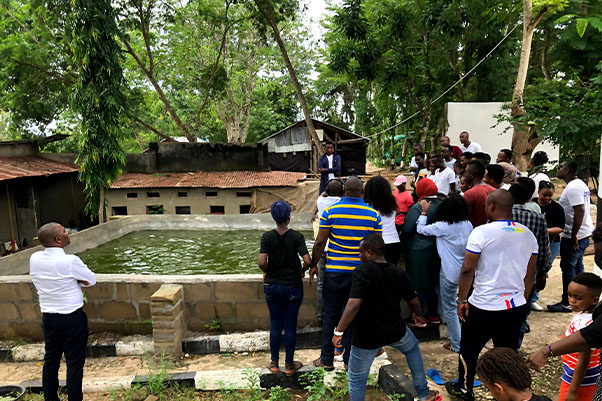
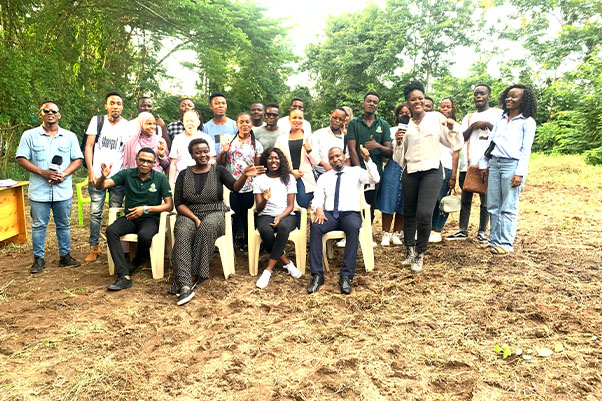
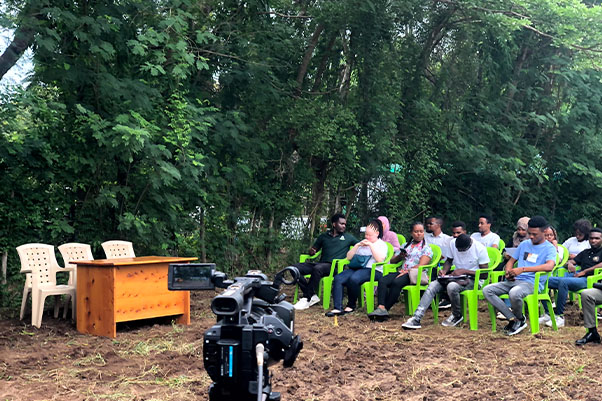
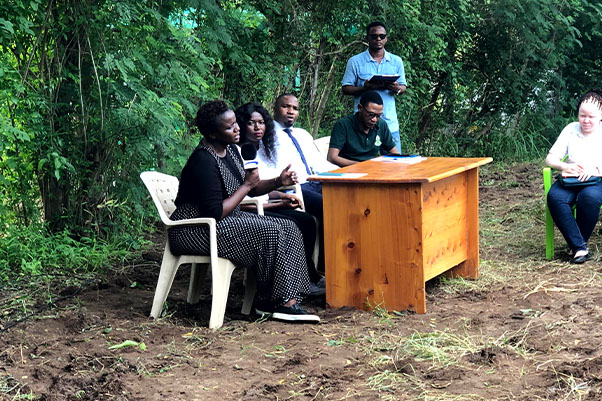
Previous
Next
NovFeed, headquartered in Kibamba on the outskirts of Dar es Salaam, uses natural microbes and industrial biotechnology to convert organic waste into a highly concentrated protein product, with a focus on creating nutritious, customisable inputs for the food system, thereby enabling the meat and aquaculture industries to obtain food products.
“NovFeed is devoted to promoting the sustainable growth of the aquaculture industry. “Food waste contributes to greenhouse gas emissions,” notes Diana. Her novel work in creating bacteria-based protein for feed, particularly in aquaculture, is expected to assist in mitigating this issue.
She continues, “We add our well-characterised, safe-for-human-eating bacteria to food waste that would otherwise be disposed of in a landfill.” We collect food waste that would otherwise be discarded…”
This, according to Orembe, stimulates the development of indigenous remedies to the issues encountered by Tanzanian fish farmers, as well as those of the area and continent.
Since 2018, Diana and her waste management company have hired over 10 young individuals. Moreover, after being featured as the first shining light of Kijana Leo TV Program (Episode 001) in honour of the International Day of Women and Girls in Science and as one of the four 2021 Annual Youth Exposition winners hosted by the Jakaya Mrisho Kikwete Foundation, she has been able to spontaneously expand her business, including exploring new ventures of training institutions and individuals on how to convert organic waste into fish feed suitable for fish farming.
Watch the full episode on our YouTube channel:
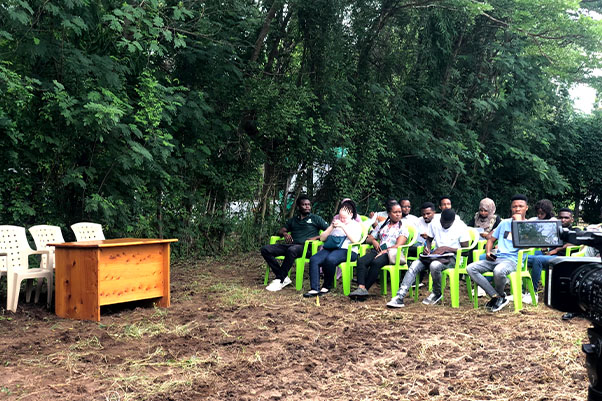
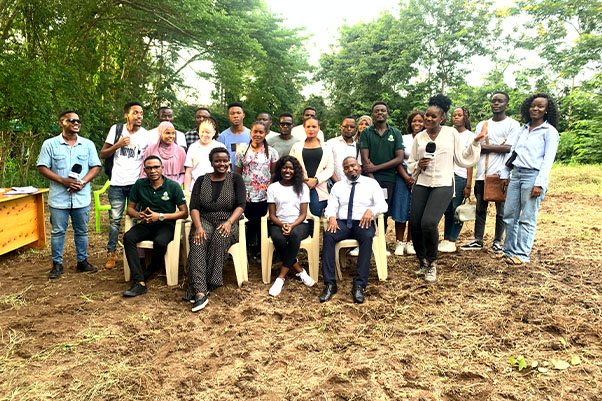
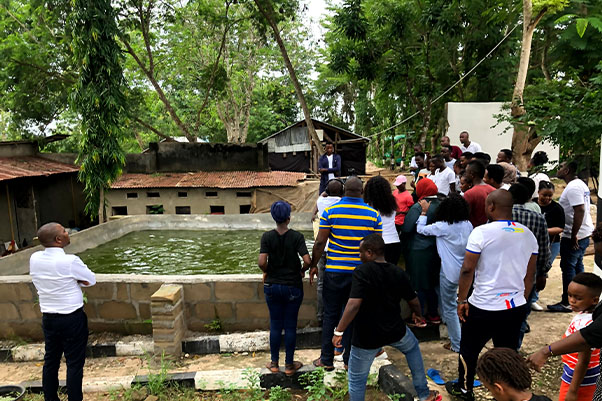
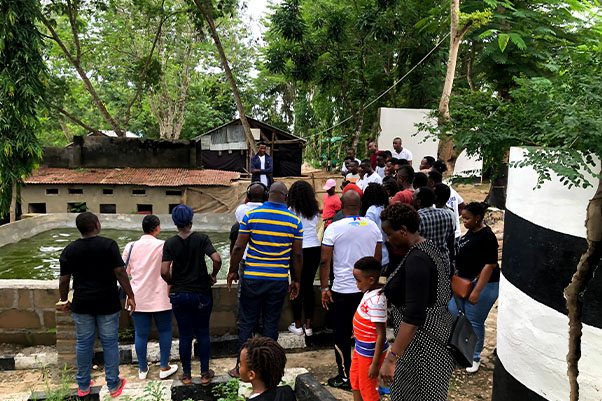
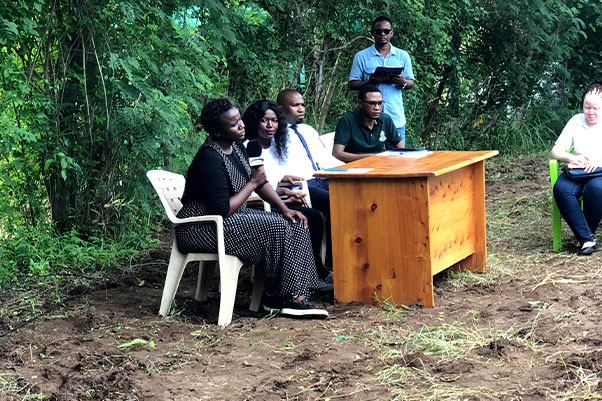
Previous
Next
